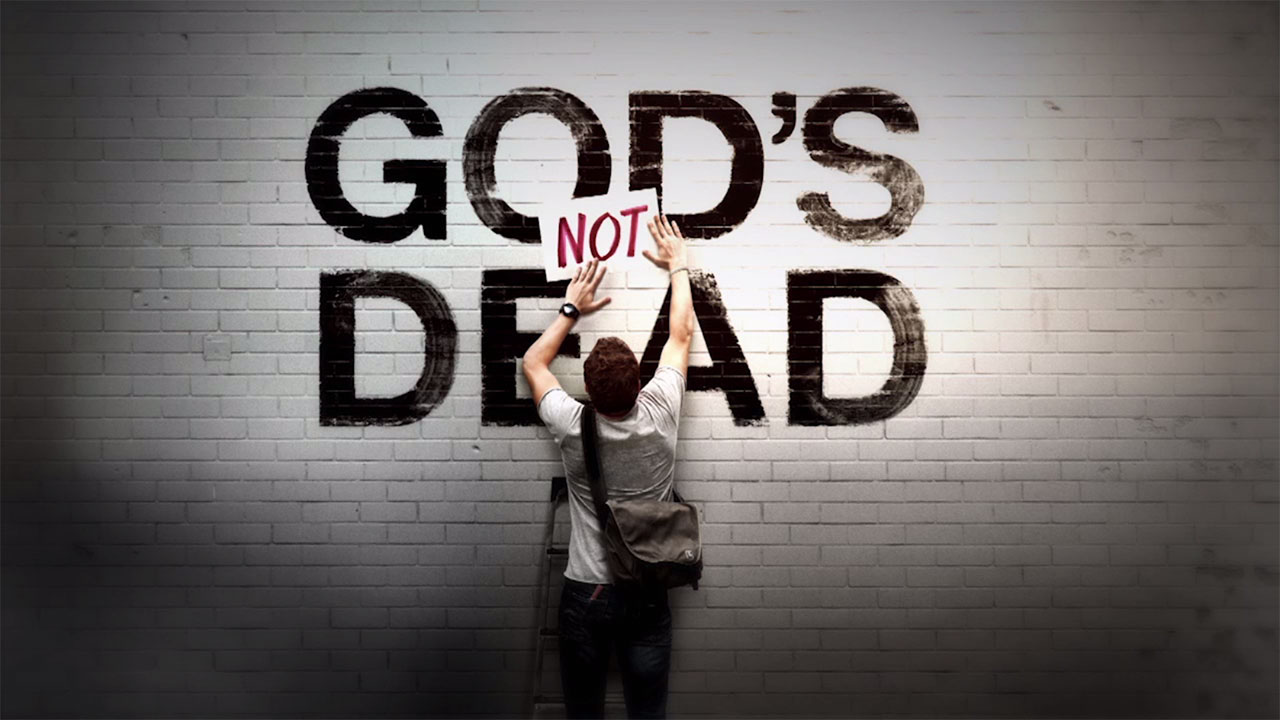
Based on the novel of the same name, Redeeming Love bills itself as an inspired rendition of the story of Hosea in the Bible, even giving the main male actor “Hosea” for his last name in an effort to drive the Christian crowd to buy this story and now watch this movie. The book and movie has reignited the debate on what’s appropriate for a Christian movie with many people in both camps, which simply serves to ignite further interest in this romantic drama.
The Story
What follows is the complete story, so if you haven’t read the book or watched the movie, best not to read past here.
This story is set in the Gold Rush era of Early American history. It starts with a view of a gold mining creek watching as many pan for gold and quickly moves to Boston where we see a young girl getting ready to meet her biological father– one that has had the child out of wedlock and wants nothing to do with her. When the father disowns both her and her mother, they are left homeless, and after selling off all that she owns, the mother turns to prostitution to provide for her and her daughter’s food and shelter.
As the movie is told mostly from the daughter’s perspective, much of the beginning setup portrays sex as something that is done for money as a way to make a living, and so we see that after her mother dies getting sick from this lifestyle, the man that was using her mother sells the daughter to a man who grooms her for a life of prostitution as part of his house. He names the girl “Angel” and prepares her for her life as a high-paid prostitute.
Angel escapes from that house after some traumatic events, leaves on a boat headed for California, and ends up selling herself on the boat and then in a high-priced brothel in California– which is where we are introduced to the male lead, Michael Hosea.
Michael Hosea is looking for a wife. He’s a faithful farm owner who asks God for a wife that likes to fish and sees Angel on one of the days that she’s paraded through the town to gather more business. He tells the marketplace owner that God has said that he is to marry Angel and then proceeds to spend much gold dust for the opportunity to talk with her. Angel tries to seduce him every time, getting exasperated at the fact that he just wants her to come away and marry him.
Angel doesn’t entertain the idea, but when she approaches the mistress to ask her for her share of her earnings, she realizes that she was lied to, and is beaten almost to death by the enforcer in the house. Michael returns to find her in that condition and tells her that she is coming with him. He takes her back to his house, nursing her back to health, and continues to reject her advances.
She tells him that she will pay him back, but once she has her strength, she tries to escape back to the brothel. He gives her water and tells her how far it is, and she comes back to the house. He shows her some chores and she seems to like it there, until his brother-in-law returns, tells her that he knows who she is and that Michael deserves better.
The next day, when the brother-in-law heads back to town, Angel goes with him, and finds that the brothel that she worked at was burned to the ground. She goes to work for the man across the street– until Michael finds out and takes her out of there, beating up a few men in the process.
On the way back home, they stop to help someone headed west with their wagon, and the wife is due with her baby. Michael talks about wanting babies, and Angel does not believe she can have any. She begins to think that it would be better if Michael married the daughter of the couple, so she leaves again, and heads to San Francisco. This time she finds a job cooking until her past catches up with her.
The man that groomed her catches her and tries to bring her into his brothel. Angel exposes the fact that the man has children there and the people have him hanged. Angel starts a school for orphans, and would have stayed there, but the brother-in-law finds her, tells her that Michael never remarried and is waiting for her.
The brother brings Angel home, she confesses her love for Michael, and the two live happily ever after with two sons in the final scene.
Why is this PG13?
There is language in the beginning that sets the scene, as well as the continued thematic material. Various words for prostitute are used. There are multiple scenes where they are portraying Angel’s sexuality, and two scenes where Michael and Angel simulate sex.
How Does This Stack Up Against The Biblical Accounts?
Poorly. The book of Hosea has God instruct Hosea to marry a wife of whoredoms. Now, it isn’t clear from the passage whether she was a prostitute when he married her, or whether it was foreshadowing her unfaithfulness in the marriage. We do know that she was a picture of Israel and God and that Israel was being unfaithful to God. I’ve always thought that Gomer was probably faithful at the beginning and eventually went away from her husband.
Gomer ends up having one child with Hosea before having children from other men, each of them named by Hosea showing what God was going to do with Israel. Eventually, Gomer leaves Hosea altogether, and Hosea has to go and buy her back.
All of this is a picture of the relationship between God and his people. Between his faithfulness and their faithlessness.
In essence, the Biblical account focuses solely on God– it shows how faithful he is in buying her back, and how he was always the good one standing there. It testifies to his unwavering love and paints Gomer in the starkest contrast showing just how filthy we are.
In contrast, Redeeming Love is Angel’s story. We are treated to her terrible backstory filled with vile things that happened to get her to a place where she cannot feel love and the most intimate of things has become something that is flippantly treated. We see her work through the path of feeling again, where she goes from a life where she’s wishing herself dead to one where she actively cares about someone more than herself.
This is her story, not his. And just like that, we cheer that she has babies in the end as if she, through her coming back to Michael in the end and revealing her name has earned the right to be his bride and to bear his children. Her arc is one of redemption and freedom from her past, not because of being redeemed by Michael Hosea (who spent three years praying for her return and did nothing else), but because love conquered.
So I would say that the only way that this echoes the book of Hosea is the name and that the woman the man was to marry was a prostitute.
Recommendation
It is a powerful story, and like most redemption arcs, the beginning has to be bad in order for the payoff to be worth it. As such the beginning is very vile, constantly on the line with this kind of material about what is worth showing and not showing. It is definitely not for the unmarried individual.
I wouldn’t go to this movie or book expecting to learn much about the Biblical passages. The emotional passages can make you feel how deep unconditional love is by the many times that Angel leaves and then returns, but the attachment to God’s love isn’t there in this movie– as its focus is on her.


